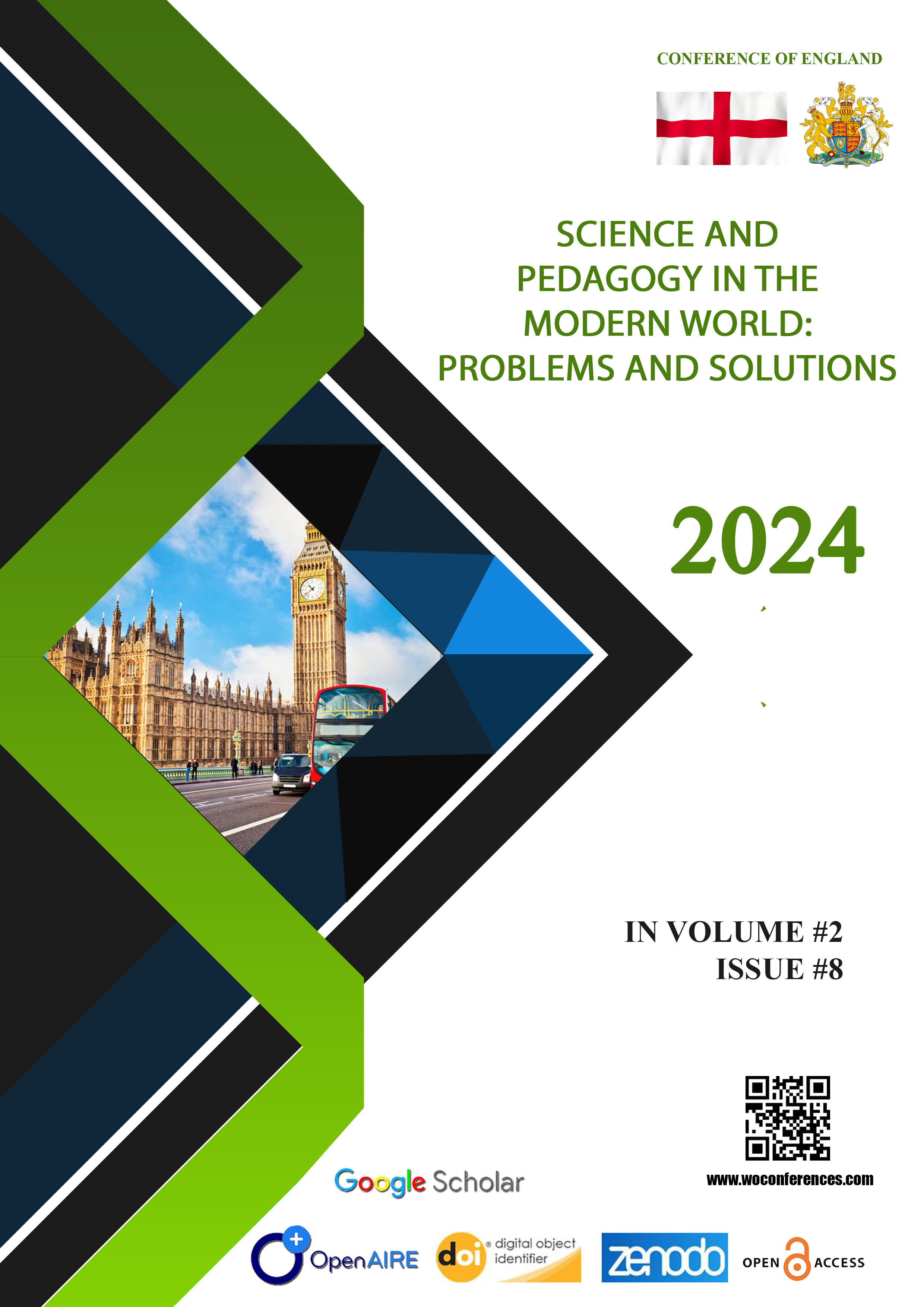CHANGING TEACHER’S ROLES WITH DIFFERENT AGE GROUPS
Abstract
This article explores the changing roles of teachers across different age groups, highlighting the unique approaches, challenges, and skills required to effectively support learners at each stage of their educational journey. Also, the attitude of teachers to students in kindergartens, schools, colleges and universities, the teaching system, the influence of the environment, the effective conduct of lesson processes and the methods used in the lesson are analyzed.
Key words: method, system, kindergarten, college, school, university, student, teacher's role, atmosphere
References
1. Bloom, B. S. (1964). Stability and Change in Human Characteristics. Wiley.
2. Bruner, J. S. (1966). Toward a Theory of Instruction. Harvard University Press.
3. Darling-Hammond, L. (2000). Teacher Quality and Student Achievement: A Review of State Policy Evidence. Educational Policy Analysis Archives.
4. Eccles, J. S., & Roeser, R. W. (2011). School and Community Influences on Human Development. Annual Review of Psychology, 62, 105–129.
5. Johnson, D. W., & Johnson, R. T. (1989). Cooperative Learning and Achievement. In R. Slavin (Ed.), Cooperative Learning: Theory, Research, and Practice (pp. 3-21). Prentice Hall.
6. Knowles, M. S. (1984). The Adult Learner: A Neglected Species (3rd ed.). Gulf Publishing.
7. Pianta, R. C., Barnett, W. S., Justice, L. M., & Sheridan, S. M. (2012). Handbook of Early Childhood Education. Guilford Press.
8. Vygotsky, L. S. (1978). Mind in Society: The Development of Higher Psychological Processes. Harvard University Press.
9. Piaget, J. (1952). The Origins of Intelligence in Children. International Universities Press.
10. Erikson, E. H. (1963). Childhood and Society. W.W. Norton & Company.
11. Bandura, A. (1977). Social Learning Theory. Prentice-Hall.
12. Hattie, J., & Timperley, H. (2007). The Power of Feedback. Review of Educational Research, 77(1), 81-112.
13. Ginsburg, H. P. (2007). The Cognitive Foundation of Early Mathematics Learning. Early Education and Development, 18(1), 59-81.
14. Dewey, J. (1938). Experience and Education. Macmillan.
15. Gardner, H. (1983). Frames of Mind: The Theory of Multiple Intelligences. Basic Books.
16. https://tefl.duxrec.com/what-to-expect-from-teaching-different-age-groups/
17. https://sanako.com/how-to-teach-languages-to-different-age-groups
18. https://icsai.org/procarch/5iclice/5iclice-052.pdf
19. https://prezi.com/p/nk169rvzqcov/teaching-different-age-groups/
20.https://www.powershow.com/view/937ba MTFmN/Childrens_Preferences_for_Different_Aged_Teachers_powerpoint_ppt_presentation








